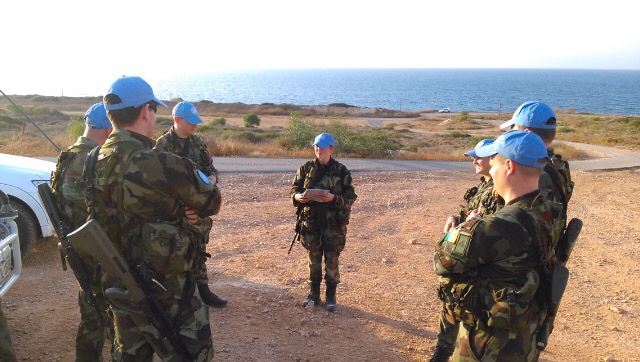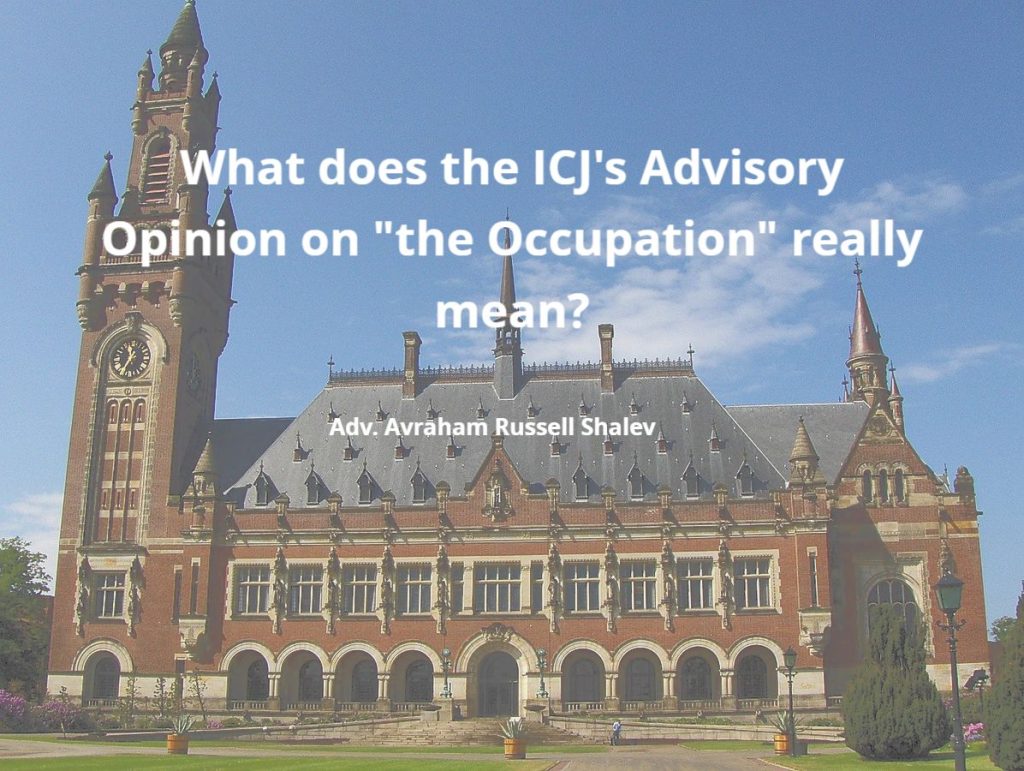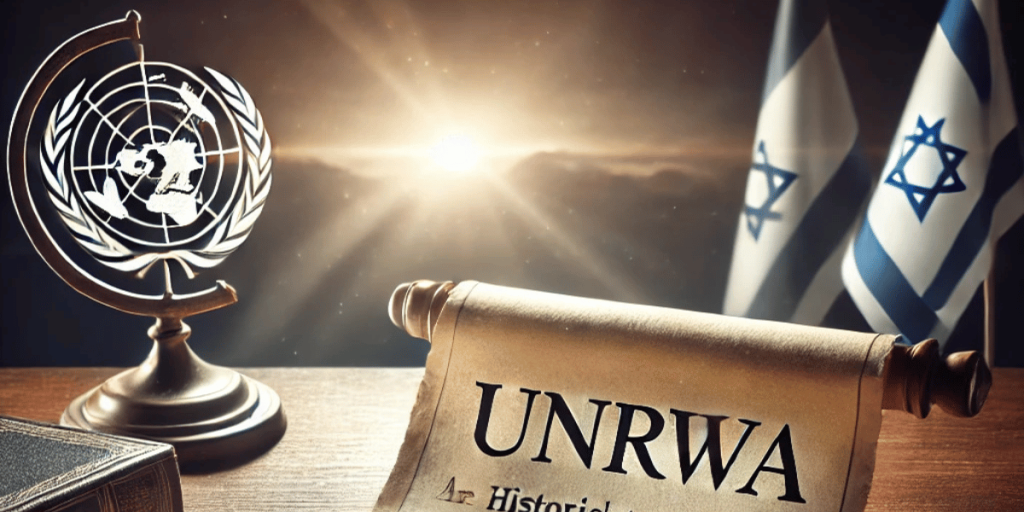Overview: From the start of the Trump Administration, the U.S. has sought to reform the bloated United Nations. Peace-keeping missions were to be a central part of this reform, as they are the most expensive aspect of the UN’s operations, but commonly fail to deliver tangible results while being plagued with scandal, corruption, and criminality.
To date, the U.S. has not succeeded in reigning in any peacekeeping missions. Aug. 31st offers a final opportunity to do so, while strengthening Israel’s security at a time when it faces imminent threats on the northern border from the Iranian-backed Hezbollah.
UNIFIL, the temporary U.N. presence in Lebanon, is not fulfilling its mandate to disarm Hezbollah. Instead, it serves as Hezbollah’s de facto human shield, limiting the IDF’s freedom to maneuver in a potential conflict. The organization is expensive and bloated compared to other peacekeeping missions around the world, has had significant mission creep, and like other U.N. entities, it is biased against Israel. This month, there will be a golden opportunity to fix UNIFIL’s structural problems, from an Israeli standpoint. This special opportunity might not return for a long time.
For the sake of Israeli and American strategic interests, it would be best if the United States demanded that the Security Council let UNIFIL’s mandate expire, without a further extension, or alternatively scale it back significantly.
Background: UNIFIL, the temporary U.N. force in Lebanon, was established in 1978 after Operation Litani, under U.N. Security Councils Res. 425 and 426. Its mandate was limited as confirming the withdrawal of Israeli forces from southern Lebanon, restoring international peace and security, and assisting the Government of Lebanon in ensuring the return of its effective authority in the area. Following the Second Lebanon War in 2006, UNIFIL’s mandate was expanded to include the following objectives: coordinating its activities with Israeli and Lebanese authorities; extending humanitarian and civilian assistance in Lebanon; and monitoring the cessation of hostilities along the Blue Line. As with other U.N. peacekeeping missions, UNIFIL’s mandate must be affirmatively renewed on a yearly basis by the U.N. Security Council; the current mandate is valid till the end of August.
Size and budget by international metrics: UNIFIL’s annual budget currently stands at $512 million. For comparison’s sake, the total budget for global peacekeeping missions stands at $6.5 billion, meaning that UNIFIL’s budget amounts for 7.8% of the total global peacekeeping budget. The force initially included some 2,000 personnel but expanded dramatically after the Second Lebanon War to 10,900 today (with plans for up to 15,000), recruited from 45 countries around the world. That is, UNIFIL’s manpower has grown by 545% and its capacity has grown by 750%. Compared to other peacekeeping missions, UNIFIL’s budget and manpower allocation are exceptionally large. The peacekeeping force in Darfur—the scene of a genocide, with ongoing violence that continues to claim lives—has a budget of $260 million and just 6,511 personnel. The peacekeeping force on the Golan Heights includes 1,007 personnel; the force in Abyei in Sudan has 4,044 personnel and a budget of $257 million. The most dangerous peacekeeping operation in the world, in Mali, has a deployment of some 15,200 personnel with a budget of $1.2 billion.
The United States contributes 27.89% of the total U.N. peacekeeping budget (roughly $1.81 billion). UNIFIL’s share of the U.S. contribution is therefore equivalent to $142.7 million.
Problems for Israel in UNIFIL’s operations: Over the years, UNIFIL has proven itself to lack the motivation and ability to prevent violations of U.N. Security Council resolutions concerning Hezbollah and the Lebanese Armed Forces (LAF). For example:
- Over the past decade, Hezbollah has dug a series of attack tunnels into Israel territory right under UNIFIL peacekeepers’ noses, with the intention of sending thousands of Hezbollah militants to seize control of Israeli villages adjacent to the fence and to perpetrate spectacular atrocities (Israel destroyed these tunnels in Operation Northern Shield in 2018-2019).
- When Israeli soldiers were kidnapped from Mount Dov in 2000, UNIFIL soldiers observed and recorded the event without intervening or alerting Israel.
- In an incident near Misgav Am in 2010, when Lebanese soldiers shot at IDF troops without provocation and killed Lt. Col. Dov Harari, the UNIFIL force was unable to prevent the clash or retaliate against the LAF.
- In late 2018, during work to demarcate the Blue Line, LAF forces violently blocked UNIFIL peacekeepers for an hour and a half, without provoking a response.
- In June 2020, Lebanese soldiers were seen aiming an RPG launcher at IDF tanks during routine activity, as UNIFIL troops stood by helplessly between the forces.
UNIFIL can be dismantled or reformed: As its name suggests, UNIFIL was always intended to be temporary, but like many U.N. institutions, it has enjoyed a bureaucratic persistence not justified in any way by its effectiveness, mission success, or efficiency.
If UNIFIL’s mandate is not extended at the end of the month by the Security Council, its mission will end immediately. However, unlike most U.N. agencies, UNIFIL could also be reorganized. The mandate renewal – which cannot happen over a U.S. veto – gives the United States leverage considerable leverage to push for sustainable reforms of the organization. This would be consistent with the Trump administration’s ambitions to shrink and streamline bloated and ineffective peacekeeping missions.
Neither the U.S. nor Israel has yet take advantage of the potential of dismantling or scaling back UNIFIL’s presence. Israel has misguidedly has urged the United Nations to beef UNIFIL’s authority and manpower in order to make it more effective—not understanding that the organization has neither the motivation nor the ability to clash with Hezbollah forces. Such reforms are doomed to failure and are impossible to implement and enforce in the long run. The only reform (short of not reauthorizing the mission) that is self-enforcing and can withstand a potential loss of critical scrutiny of UNIFIL by future U.S administrations is a simple reduction of UNIFIL personnel. This will restore the organization to its historic levels, save U.S. taxpayer dollars, while boosting the IDF’s freedom of maneuver, defensive capabilities, and reconnaissance abilities in southern Lebanon.



